Master Your Stress: Top 7 Tracking Methods for Well-being
As someone who&s spent years immersed in the fast-paced world of digital creation, from complex web development projects to content strategy, I&ve seen firsthand how quickly the relentless demands of modern life can lead to chronic stress. It&s not just a feeling; it&s a physiological response that, left unchecked, can wreak havoc on our physical and mental health. But what if there was a way to gain a clearer understanding of your personal stress patterns, to move beyond just feeling overwhelmed and actually see what&s happening? That&s where stress tracking comes in – a powerful, proactive approach to taking back control of your well-being.
For too long, managing our mental and emotional states has felt like an abstract battle. We react to burnout, we cope with anxiety, but rarely do we proactively monitor the subtle shifts that lead to these major challenges. This article isn&t just about identifying that you&re stressed; it&s about giving you the tools and insights to understand the &why& and the &how,& making stress a measurable, manageable aspect of your life. Let&s dive in.
What is stress Tracking and Why Should I Care?
stress tracking is the systematic monitoring of physiological and psychological indicators to identify patterns, triggers, and the impact of stress on your well-being. It moves beyond simply acknowledging that you “feel stressed” and provides objective data to back up or even reveal those feelings.
Why should you care? Because chronic stress is a silent killer. It contributes to heart disease, weakens your immune system, disrupts sleep, and impairs cognitive function. By consistently tracking your stress, you gain:
- Early Detection: Spot rising stress levels before they escalate into burnout or illness.
- Personalized Insights: Understand your unique triggers and how your body responds. What stresses one person might not affect another.
- Effective Interventions: Learn which coping mechanisms truly work for you, rather than guessing.
- Improved Overall Health: By managing stress proactively, you enhance your physical health, mental clarity, and emotional resilience.
How Does stress Tracking Actually Work?
stress tracking works by collecting data on various bodily and behavioral metrics, which can then be analyzed to reveal trends related to your stress levels. It&s about connecting the dots between your activities, feelings, and physical responses.
Here are the primary types of data stress tracking utilizes:
- Physiological Metrics: These are the most objective and often come from wearable devices. Key indicators include Heart Rate Variability (HRV), resting heart rate, sleep quality (duration, stages), and physical activity levels. A lower HRV, for example, is often correlated with higher stress.
- Psychological Metrics: This involves self-reporting through journaling or mood tracking apps. You might log your mood, energy levels, perceived stress on a scale, or specific stressors you encountered during the day.
- Behavioral Metrics: Tracking habits like caffeine intake, alcohol consumption, diet, screen time, and social interactions can provide context to your physiological and psychological data.
The magic happens when you start to see how these different data points interact. Did a poor night&s sleep lead to a higher perceived stress score? Did a particularly challenging meeting impact your HRV?
What Tools Can Help Me Track My stress Levels Effectively?
A variety of tools, from wearable technology to dedicated mobile apps and even simple journals, can assist in effective stress tracking. The best tool for you will depend on your preference for manual input versus automated data collection.
- Wearable Technology:
- Oura Ring: Excellent for tracking sleep quality, HRV, and body temperature, providing a daily “readiness” score.
- Whoop: Focuses on “strain,” “recovery,” and “sleep,” giving a comprehensive view of your body&s capacity to handle stress.
- Smartwatches (Apple Watch, Garmin, Fitbit): Many modern smartwatches offer HRV monitoring, sleep tracking, and guided breathing exercises. They can often integrate with third-party apps for deeper analysis.
- Mobile Apps:
- Calm & Headspace: While primarily for meditation, they often include mood tracking features and can help you log your perceived stress before and after mindfulness practices.
- Daylio & Moodnotes: Simple mood tracking journals that allow you to quickly log your mood, activities, and notes, helping you spot trends.
- HRV Apps: Apps like Elite HRV or HRV4Training use your phone&s camera or a chest strap to measure HRV directly.
- Traditional Methods:
Can Technology, Like WordPress, Aid in stress Management?
Absolutely. While not a direct stress tracker itself, platforms like WordPress can be powerful tools for building personalized stress management resources, educational hubs, and even simple data logging interfaces. Its flexibility makes it an ideal environment for creating custom solutions.
For individuals, a personal WordPress blog can become a powerful journaling tool, a private space to reflect on your stress triggers and coping strategies. You can categorize entries by stressor, mood, or intervention, allowing you to manually analyze your patterns over time. Furthermore, with some basic web development knowledge or a little help, you could even build simple forms to log your daily stress levels or integrate data from other apps via APIs, creating a centralized dashboard tailored specifically to your needs.
… (Content truncated for length) …
About the Author:
Poly Kaza is a seasoned technology journalist and wearable tech enthusiast with over a decade of experience reviewing and analyzing the latest innovations in smart devices. He has a deep understanding of the underlying technologies that power smartwatches and a passion for helping consumers make informed decisions about their digital companions. His work focuses on bridging the gap between complex technical specifications and practical user experience, with a keen eye on how wearables impact daily life and health.

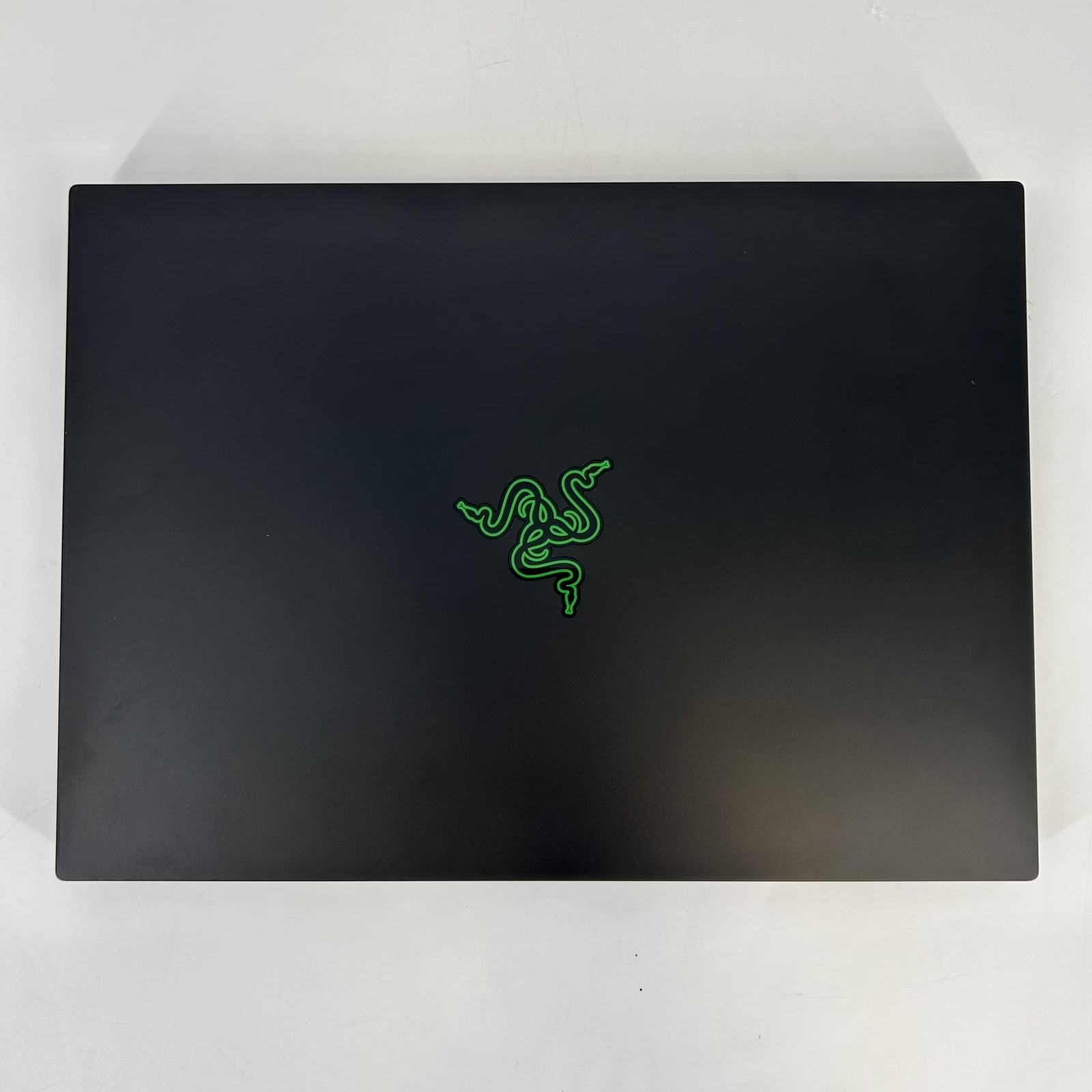
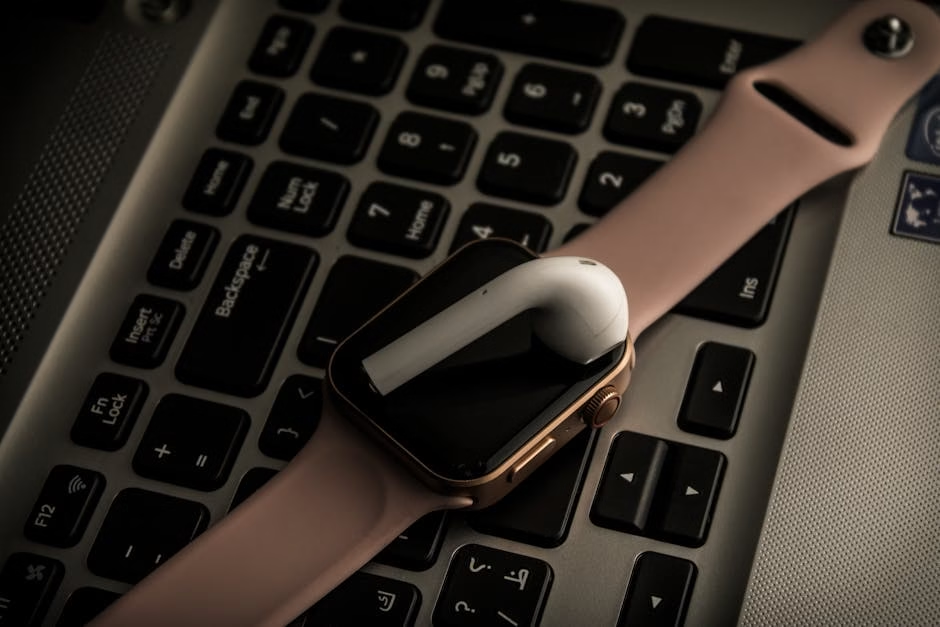
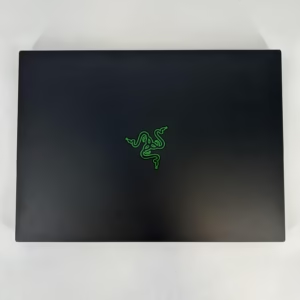

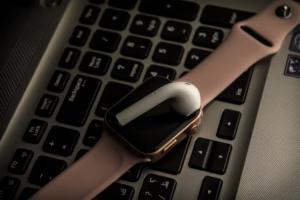

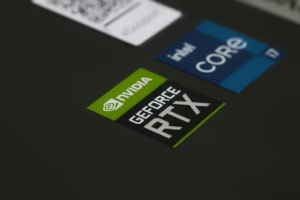

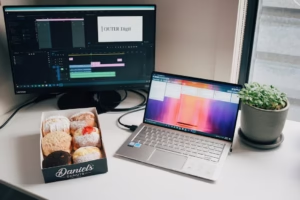



Post Comment